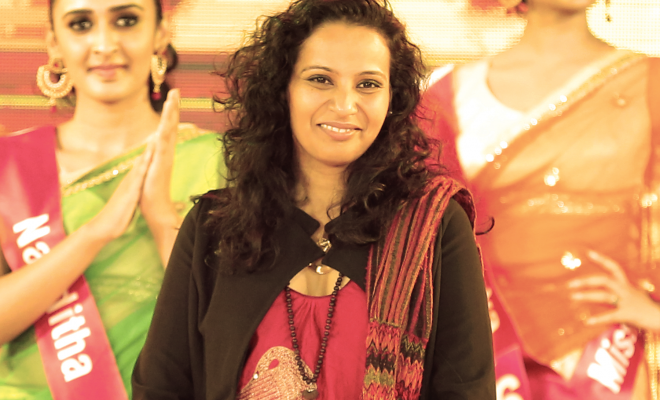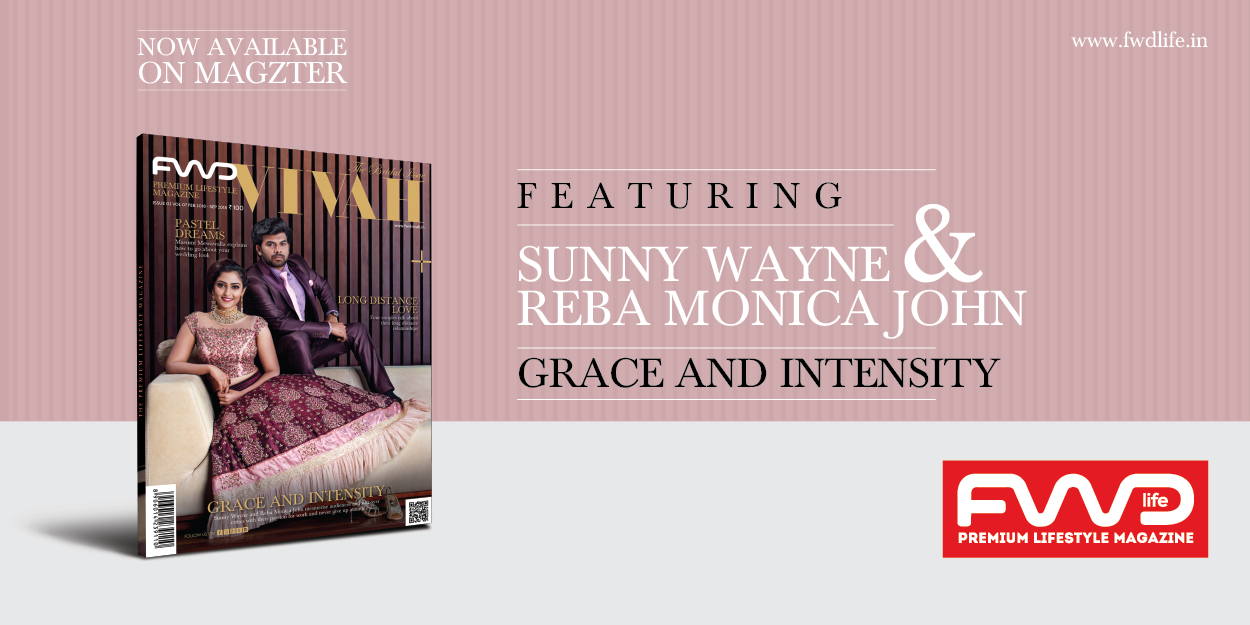
I DO, DO I ?
It’s strange how a switch of words make a big difference. The emphasis of the big day also comes with a panic attack. It’s your wedding there are the butterflies in the stomach but also the churn of confusion
Text Nuthan Manohar Photos Jinson Abraham
Three topics get discussed endlessly at my classes and workshops. If a person does not know me, the question is “How do I lose my belly fat?” Once they get to know me, the question is on food – delicious food, healthy food. Later comes the baffling topic of relationships. To the belly fat, I say elbow plank pose. To the food I say enjoy in moderation. Unfortunately to relationships there are no one size fits all, there are no concrete answers and often I look up to heavens and say Insha Allah or Kismet – God Willing or Destiny.
I meet people at different stages of relationships from the
- Should I – Should I date him, Should I get married, Should I tell her how I feel?
This stage often gets dictated by social conditioning or the hormones. Both are powerful factors, the choices that get made need not be rational. You often throw caution to the wind and dive headlong.
- I Do – Should I let my parents know, Should I change my facebook status, Should I fix the date?
From speaking about commitments here comes the phase of walking the talk.
- Do I – Should I wait for someone else, Am I ready, Am not sure if this is IT, Should I call it off?
The Do I stems from our doubts and fears of the unknown future together
- Why Did I – Should I break up
“I Do… or Do I” phase happens at a critical time where you have made a commitment, and the relation is going to the next level – the wedding. Instead of bells ringing and birds chirping you are struggling with voices of doom in your head. A popular term for the condition is the wedding jitters. Both arranged couples and lovers experience jitters, strangely the latter experiences more jitters. Arranged couples have already accepted the possibility of marrying a stranger, whereas the lovers agree to marry “the known devil.”
You may experience anxiety, breathlessness, sorrow at the thought about your upcoming wedding, feel fearful and sweat at the sight of all the preparations. I suggest, do not to take the jitters lightly, rather take it as sign that you need to slow down and take a look at what is happening in the most important place in the world – your mind.
There have been instances of jitters trying to warn you that you are overlooking important issues including your safety. Majority of women who have been subjected to domestic abuse did experience pre-wedding jitters but pushed them aside owing to family pressures. Thankfully most often the cold feet are because you are transitioning from the freedom of a single carefree life and embarking on a quest to find joys of shared life.
Somewhere between following the two principles lies your truth, your love and your peace.
- You only have one life, live it to the fullest, have no regrets. Be fearless.
- It is better to have loved and lost than to have never loved at all
Nuthan Manohar
A wellness expert and researcher. Through her venture Me Met Me she invites you to rediscover yourself through yoga, food and fun.
How do we deal with the “I Do …or Do I”
- Meditate: Spend time in meditation; sit still in an undisturbed space for 15 minutes, observing your breath. It helps the mind to calm down and helps you have better clarity. So go on practice some Asanas, Vinyasa or Tai Chi and Pranayama.
- Discuss: Articulate and then allay all your doubts with your closest friends and those among family, who will stand by your decision.
- Live: Live your Life as you love it, it should not end when the married life begins.
- Let go: If your need for perfection is ruining your day then let it go. So let the thoughts of perfection and ideal go out and instead try to create what is optimum.
- Face your fears: “What if you had no fear? What if nothing held you back, what would you do then?” I often ask clients to journal their answer across few weeks and then take a decision. You can also write down your partner’s fears as well. Would he or she arrive at a decision similar to yours?



